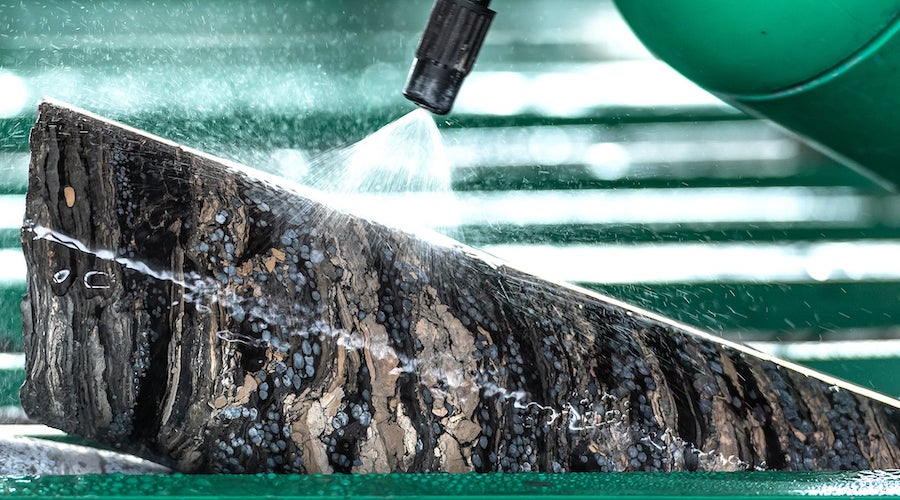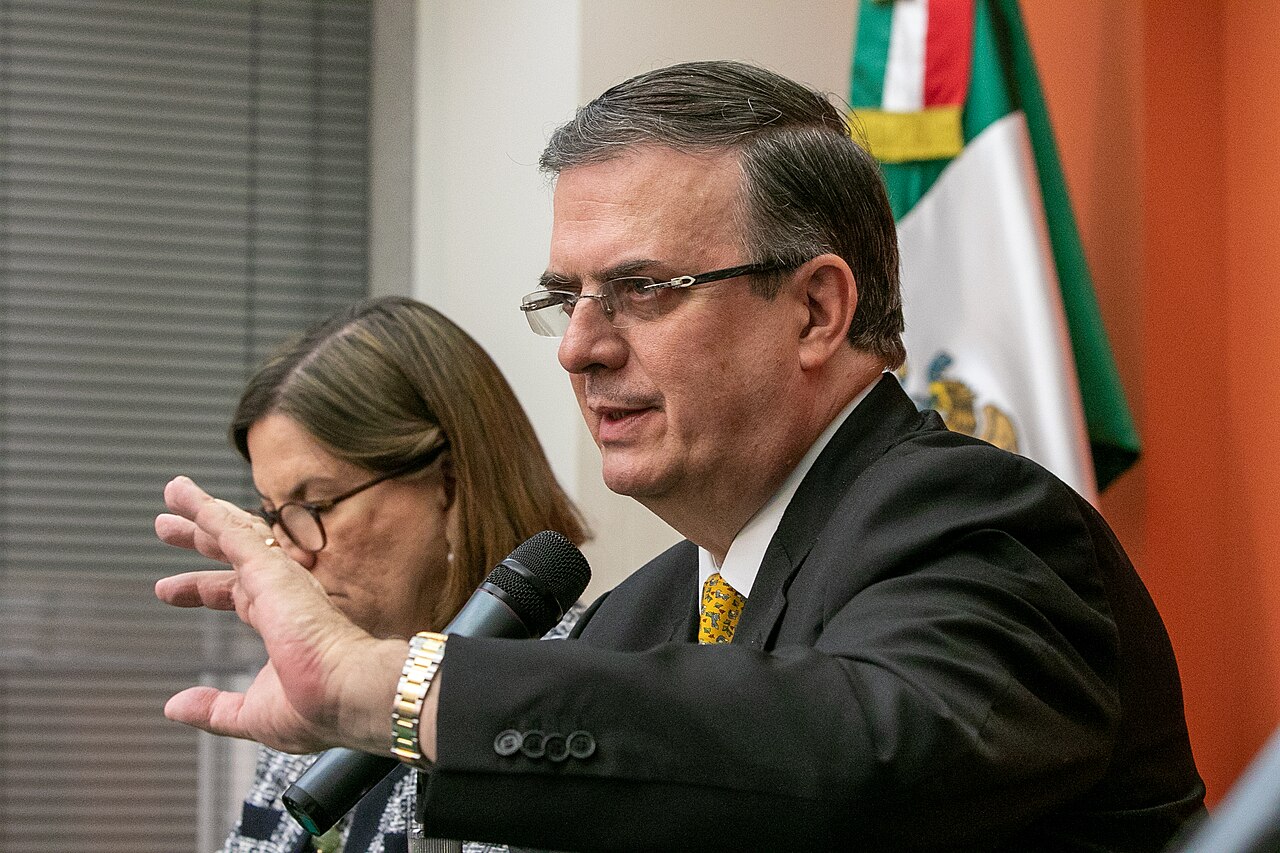Rio Tinto readies to ship trial lithium plant to Serbia

Rio Tinto Ltd is set to ship a pilot lithium processing plant to Serbia from Melbourne in the coming weeks, the culmination of a decade’s research to catapult the world’s largest iron ore miner into battery minerals.
The work, undertaken at a science hub on the outskirts of Melbourne, has found a way to economically extract lithium from jadarite, a mineral that has only been found in a Serbian valley.
Rio last week hit the go button on the $2.4-billion project that will diversify the producer of iron ore, copper, aluminium and specialty minerals into a top ten lithium producer, just as demand from electric vehicle makers booms.
“It’s not a huge mine but from a lithium perspective, it’s going to be the largest producer in Europe for at least ten years and bring lithium to the market at scale,” Sinead Kaufman, Chief Executive of Rio’s Minerals division, told reporters.
Research commissioned by Rio Tinto has found a way to economically extract lithium from jadarite, a mineral that has only been found in a Serbian valley
Four 40-foot shipping containers of equipment will leave in the coming weeks before a nine-week sail and onward river journey.
Construction is expected to begin early next year, subject to environmental approvals, with the first production from 2026.
The mine is expected to produce enough lithium to power one million electric vehicles. It will also produce boric acid, used in ceramics and batteries, and sodium sulphate, used in detergents.
Major automakers, such as BMW, Volkswagen and leader Tesla Inc, are seeking to diversify supply chains away from dominant producer China.
“We haven’t committed to any orders of yet, but we have certainly seen a lot of interest,” Kaufman said.
Rio plans a material increase in research and development beyond the $260 million it spends a year, Jared Osborne, general manager of the R&D facility, said, as it accelerates ways to harness renewable energy to sustainably produce materials.
It is already researching how to make carbon-free aluminium economically in Canada and has partnerships with steelmakers, including China Baowu Steel Group, to produce green steel.
(By Melanie Burton; Editing by Barbara Lewis)
{{ commodity.name }}
{{ post.title }}
{{ post.date }}




Comments